NEWS
15 Powerful Arguments to Ban Electric Cars Permanently
Published
9 months agoon
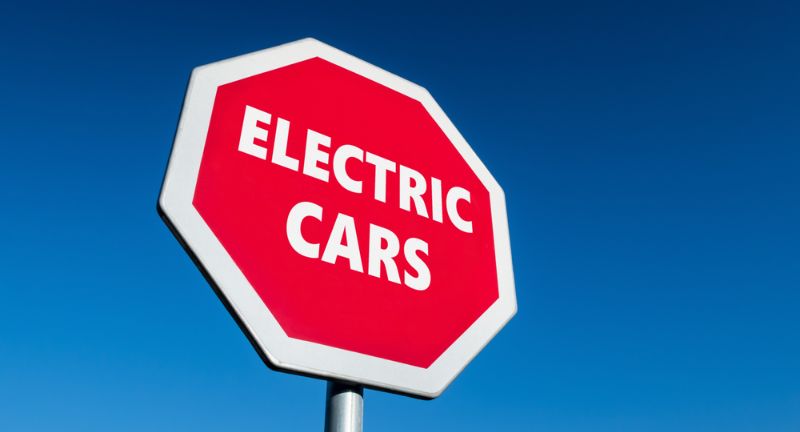
Shutterstock
In a time when electric cars are hailed as the saviors of our planet, a contrarian wave of arguments challenges their pedestal. Behind the sleek exteriors and green promises lies a web of inconvenient truths that could make you question their very existence. From environmental impacts to economic downsides, the case against electric cars is more compelling than you might think. Get ready to explore 15 powerful arguments that call for a permanent ban on these so-called eco-friendly vehicles.
Growing Electricity Requirements
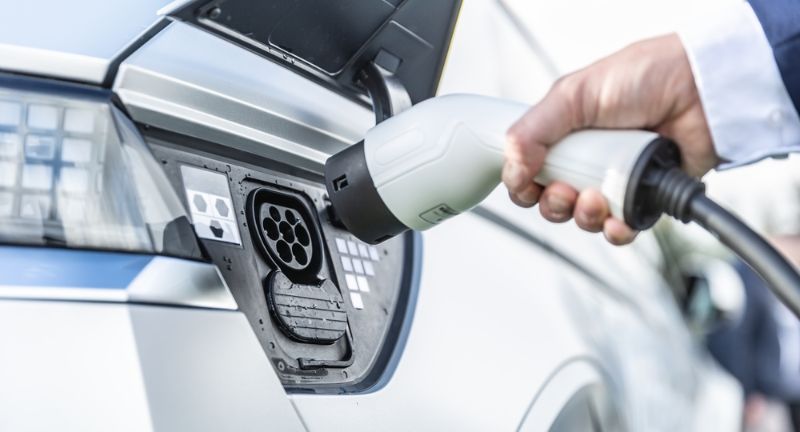
Shutterstock
The large-scale adoption of electric vehicles (EVs) is expected to significantly boost electricity consumption. This heightened demand might put pressure on current power grids, especially during peak charging periods like evenings when individuals come home and connect their cars. Addressing this surge will necessitate substantial investments in grid infrastructure and capacity, along with innovations in smart charging technologies to better balance the load.
Challenges Due to Insufficient Charging Points
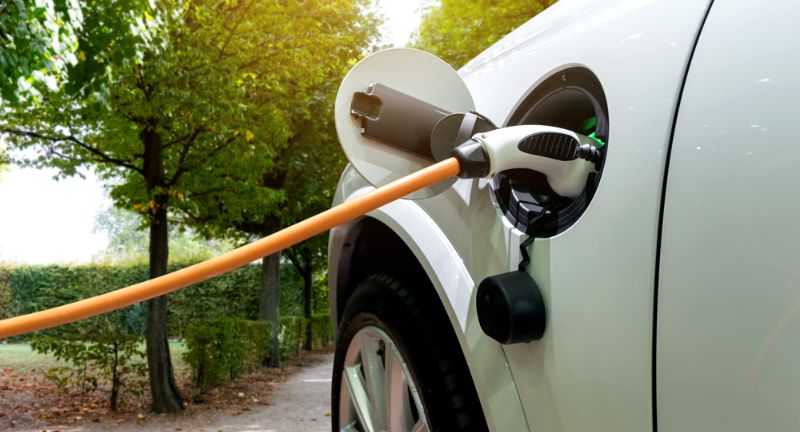
Shutterstock
As the number of electric vehicles continues to rise, the development of charging infrastructure has lagged behind, creating significant issues in terms of accessibility and convenience. This problem is especially severe for those who cannot install home chargers, such as people living in apartments or those who have to rely on street parking. The limited availability of charging options poses a major obstacle to the practicality of owning an electric vehicle for many individuals.
Resource Intensive Manufacturing
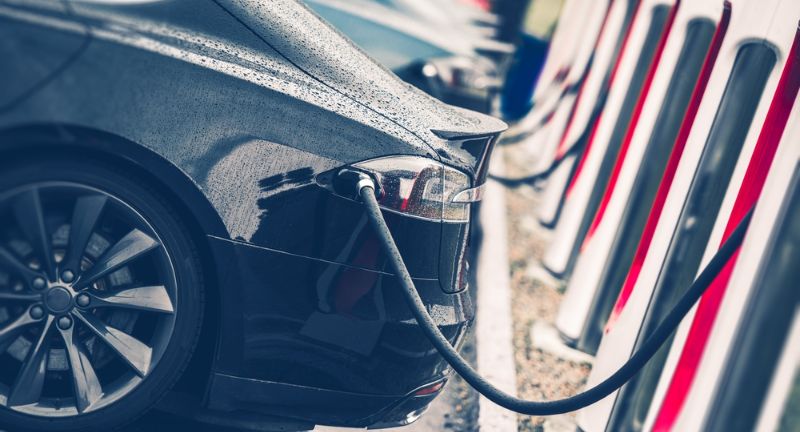
Shutterstock
The production of electric vehicles, particularly their batteries, demands substantial resources, such as rare earth elements and other materials often extracted from ecologically sensitive regions or under ethically questionable conditions. The mining and processing of these materials can lead to considerable environmental damage, including deforestation, water contamination, and greenhouse gas emissions. Furthermore, the energy needed for these operations frequently originates from non-renewable sources, thereby exacerbating the carbon footprint associated with EV manufacturing.
Battery Replacement Costs
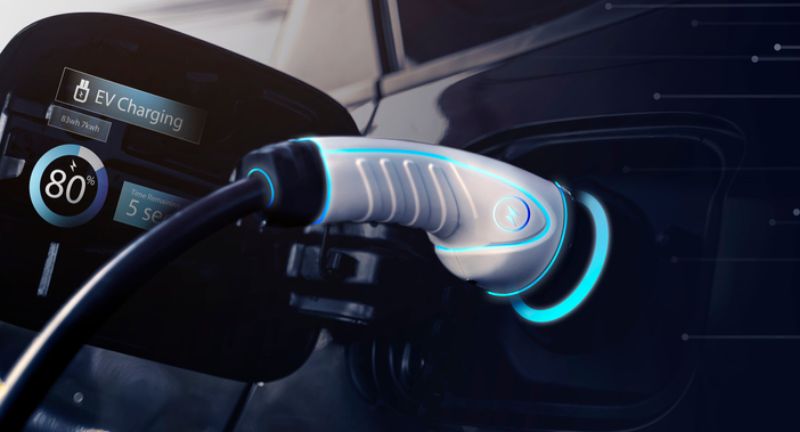
Shutterstock
Electric vehicles (EVs) tend to have fewer moving parts compared to internal combustion engine vehicles, which can result in lower maintenance costs. However, the battery in an EV is a substantial expense. Replacing an EV battery can be very costly, significantly impacting the total cost of ownership. This high replacement cost might offset the savings accrued from reduced fuel and maintenance costs throughout the vehicle’s life.
Technology Obsolescence in Electric Vehicles
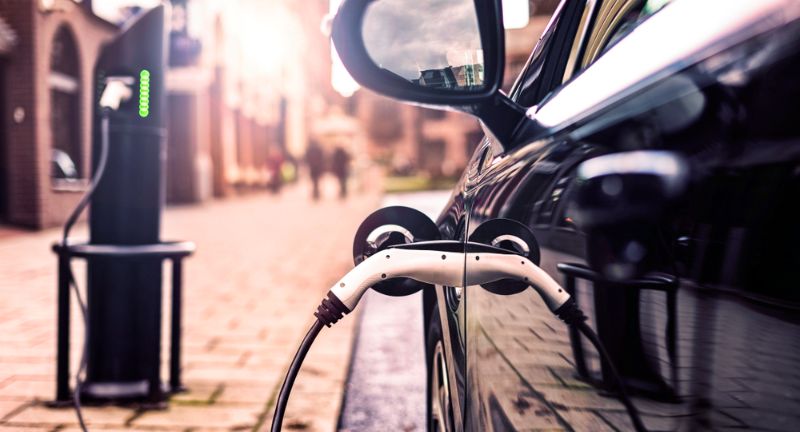
Shutterstock
The swift advancements in electric vehicle (EV) technology lead to the possibility that today’s EVs might rapidly become obsolete. As newer models featuring extended range, quicker charging capabilities, and enhanced performance are introduced, this rapid obsolescence could result in increased electronic waste. Additionally, it may impact consumer confidence, making them hesitant to invest in current EV models, given the likelihood of superior alternatives emerging shortly.
EV Charging Infrastructure Issues
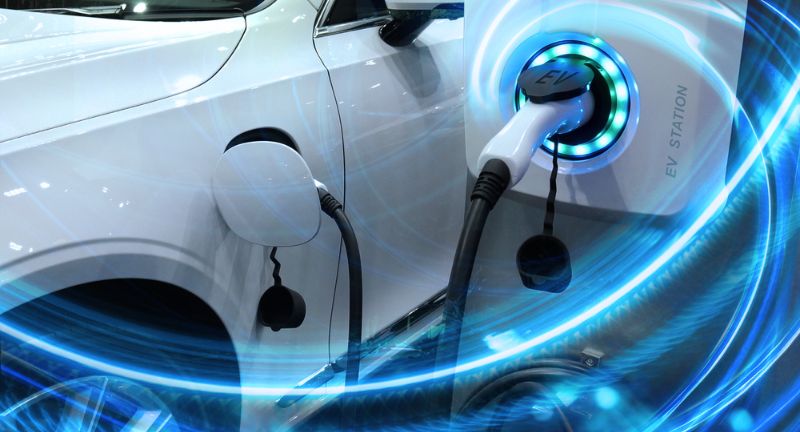
Shutterstock
The current electric vehicle (EV) charging infrastructure frequently falls short of meeting demand in urban and densely populated areas, resulting in extended wait times at charging stations. This challenge is exacerbated by the longer time it takes to charge an EV compared to refueling a gasoline car. Consequently, this can lead to bottlenecks, particularly during peak travel periods, and may discourage prospective EV buyers who are worried about the convenience of charging.
Government Faces Financial Challenge With Rise of Electric Vehicles
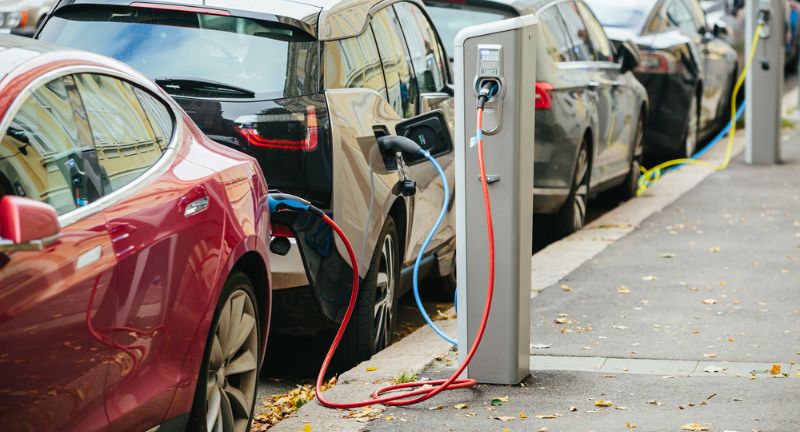
Shutterstock
The transition to electric vehicles (EVs) presents a financial challenge for governments, which traditionally rely on fuel taxes to fund infrastructure projects. As the number of EVs on the road increases, fuel tax revenue could significantly decrease. To compensate for this loss, governments might consider imposing higher taxes on electricity. This potential change would not only impact EV owners but could also raise the overall cost of electricity for households, as the tax system may struggle to distinguish between electricity used for vehicles and that used for domestic purposes.
Electric Vehicles and Socio-Economic Inequality
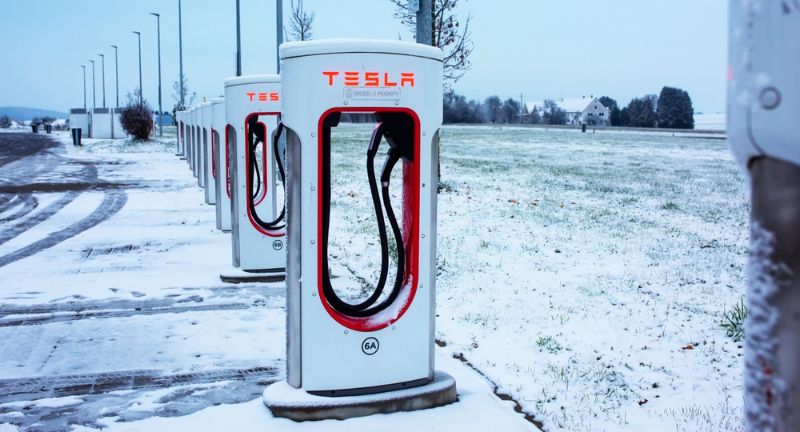
Shutterstock
The transition to electric vehicles (EVs) may worsen socio-economic inequalities. The higher costs associated with EVs, along with the necessity for charging infrastructure, may restrict access for lower-income households, potentially causing a disparity in mobility access. Furthermore, the move to EVs could significantly impact employment in industries linked to traditional internal combustion engine vehicles, such as manufacturing, servicing, and fuel supply.
Environmental Impact of EV Battery Production
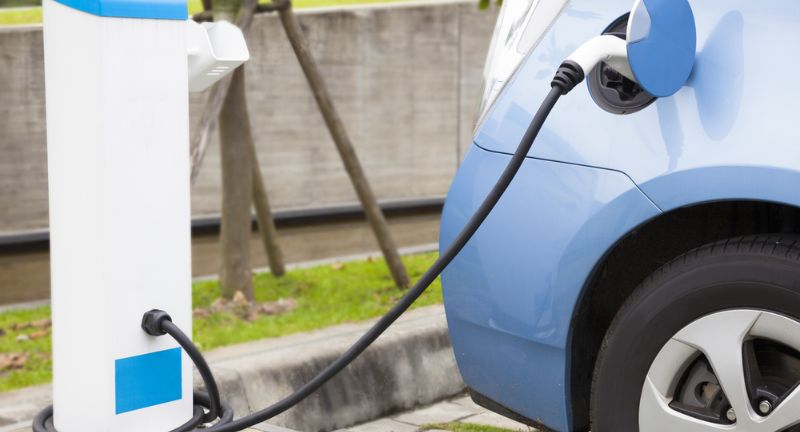
Shutterstock
Manufacturing electric vehicle (EV) batteries demands a substantial amount of energy and involves extracting rare earth metals, posing notable environmental and ethical challenges. This process contributes to CO2 emissions, potentially leads to habitat destruction, and can cause water pollution. These environmental impacts need careful consideration when assessing the overall sustainability of electric vehicles.
Limited Range
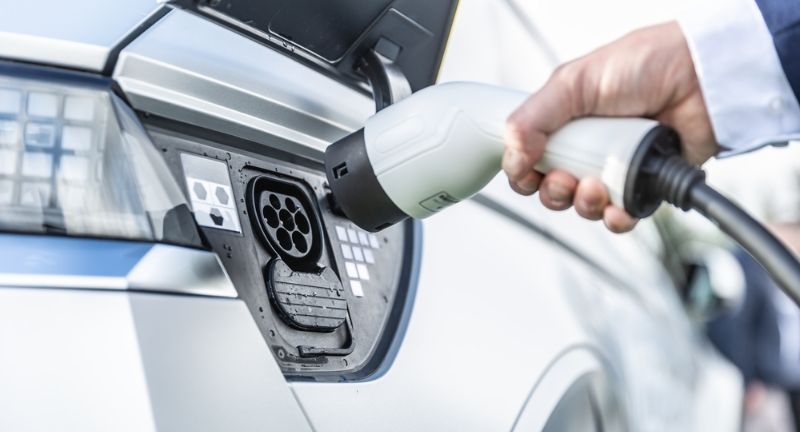
Shutterstock
Electric vehicles often have a shorter range on a single charge compared to how far gasoline vehicles can travel on a full tank. This limitation can be a notable inconvenience for long-distance travel. Drivers must plan their routes around charging stations and allocate extra time for charging breaks. The limited range and the additional planning involved can discourage consumers who frequently embark on long journeys.
Environmental Impacts and Solutions for EV Battery Disposal and Recycling
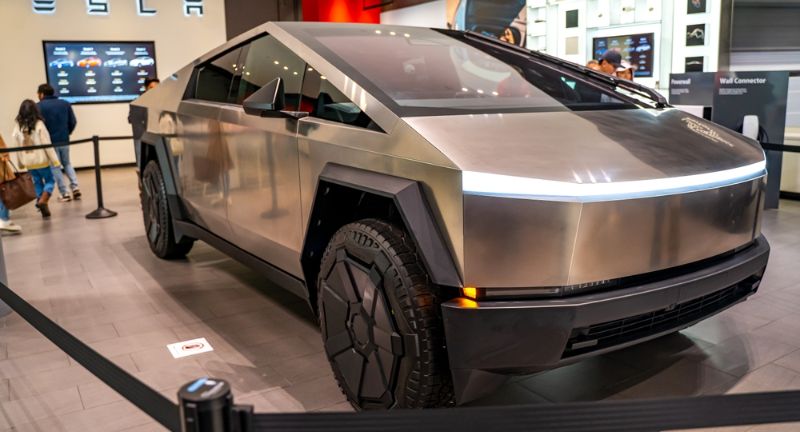
Shutterstock
The growing concern over the environmental impact of disposing of or recycling electric vehicle (EV) batteries is becoming more pronounced. EV batteries contain hazardous materials which, if not properly managed, can pose significant environmental and health risks. Currently, the infrastructure for recycling EV batteries is underdeveloped, and there are numerous technical challenges involved in recycling the complex mix of materials these batteries contain. Efforts to improve battery design for easier recycling, increased investment in recycling facilities, and the development of more efficient recycling technologies will be crucial to address these issues effectively.
Impact of Electricity Source on Electric Vehicle Emissions
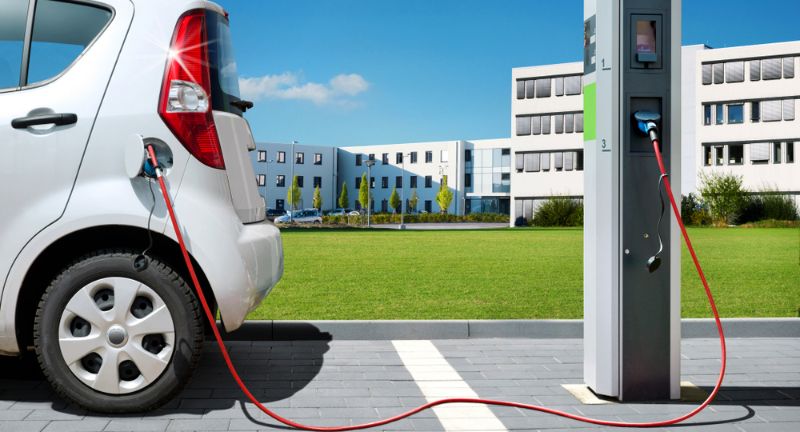
Shutterstock
The environmental benefits of electric vehicles are heavily influenced by the origin of the electricity used for charging. If the electricity is generated from fossil fuels like coal, the total CO2 emissions of electric vehicles can be similar to, or even exceed, those of gasoline-powered vehicles. This situation underscores the importance of a cleaner energy grid to truly harness the environmental advantages of electric vehicles.
Electric Vehicles and Their High Purchase Price
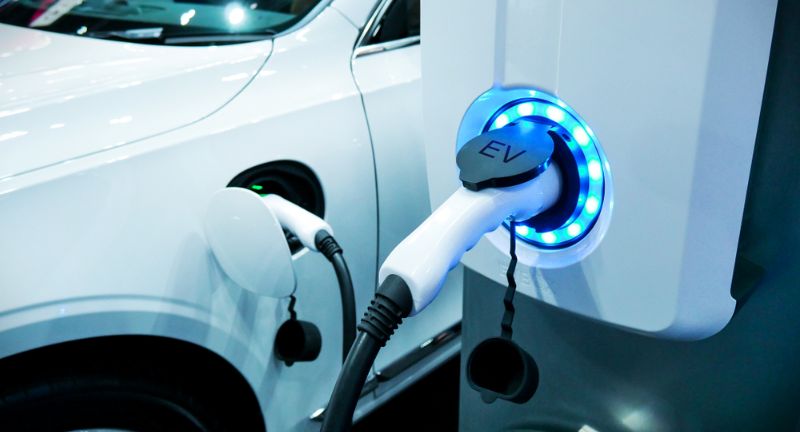
Shutterstock
Electric vehicles (EVs) generally come with a higher initial cost compared to gasoline vehicles, mainly because of the costly batteries they require. Although incentives and tax credits can help offset these expenses, such benefits are not always available to everyone and might not completely cover the price difference. This cost gap can make EVs less affordable for many consumers, possibly hindering their widespread adoption. Additionally, the higher purchase price of EVs does not always result in equivalent savings on fuel and maintenance, which could discourage potential buyers.
Impact on Power Grid Stability
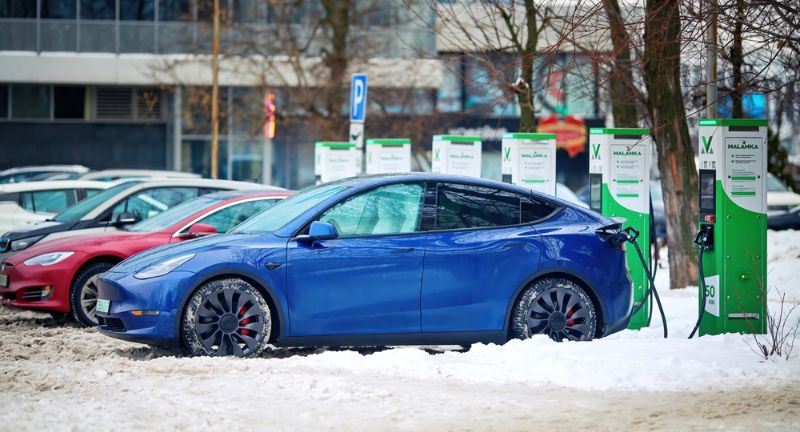
Shutterstock
The increased demand for electricity due to widespread EV adoption could lead to stability issues with the power grid. Most current electricity grids are not designed to handle the significant load increases that would come from mass EV charging, especially during peak times. This situation could lead to more frequent power outages and require substantial investment in grid modernization and expansion. Developing and implementing smart grid technologies and demand response systems will be critical to manage this transition and ensure the reliability of electricity supply.
Lower Resale Value of Electric Vehicles

Shutterstock
Electric vehicles (EVs) are often seen as having a lower resale value compared to traditional gasoline-powered cars. This perception stems, in part, from worries about battery degradation. Although EV batteries are engineered to remain functional for many years, doubts linger about their long-term reliability and replacement expenses. Such uncertainties can result in higher depreciation rates for electric vehicles, making them a less appealing choice for consumers who are concerned about the vehicle’s resale value over time.
Conclusion
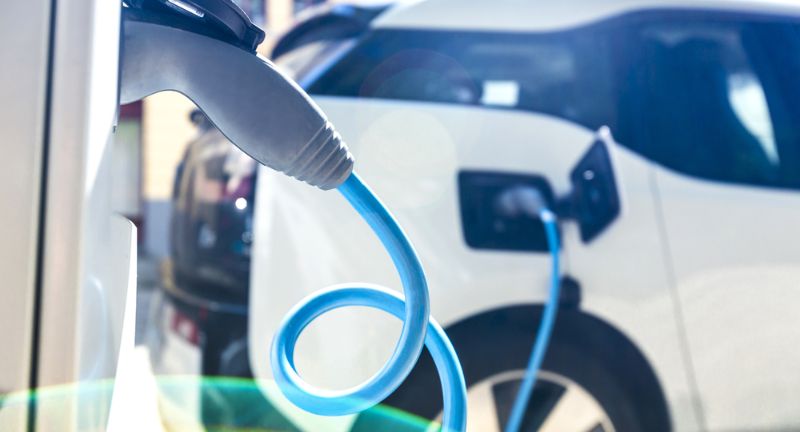
Shutterstock
In considering the future of transportation, it’s evident that electric vehicles play a pivotal role in our journey towards a more sustainable world. However, the transition to EVs is not without its challenges, spanning environmental, economic, and infrastructural domains. Addressing these concerns requires a holistic approach, balancing innovation with sustainability, to ensure that the evolution of electric transportation contributes positively to our global environmental goals and societal needs.
More Money + Investing
-


Rue21 Bows Out: Another Retailer Closes All Doors
-


20 Surprising Effects Being “Woke” Has On Your Mental Health
-


16 Ultra-Luxurious Vacations Worth Every Penny
-


20 Witty Reasons Mature Women Are Choosing the Single Life
-


20 WWII Military Marvels That Redefined Warfare
-


20 Red Flags You’re Stuck in a Toxic Friendship
-


30 Aldi Treasures You Can’t Leave Without
-


20 Easy Ways to Keep Energy Costs Low During Chilly…
-


21 Items Savvy Shoppers Skip
-


Coach AK: Empathy is a ‘Must-Have’ For Building Successful Business…
-


10 Beloved Vintage Car Features Lost to Time
-


20 Budget-Friendly Foods for a Healthier Heart
